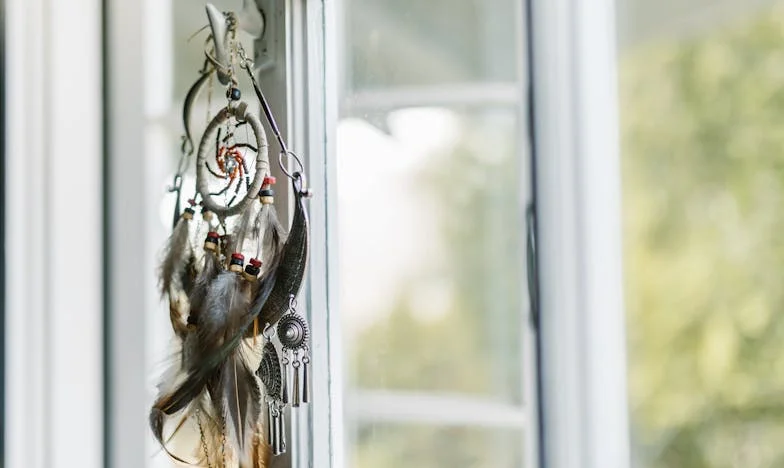A Father’s Return: The Call That Changed Everything
The hum of the old refrigerator filled the silence, punctuated only by the clink of my tools and the nervous shuffle of Mrs. Harris behind me. I wiped my hands on the dish towel, trying to sound more confident than I felt. “Alright, that should do it. Needs to freeze, but we’ll test it. Do you have a plastic bowl? We’ll fill it with water and check if it freezes by tonight. I’ll call you later.”
She nodded, grateful. I pocketed my phone, expecting another service call, but it buzzed again almost immediately. New customer, I thought, but when I saw the area code—my hometown, a place I’d deliberately left behind—my stomach twisted. I almost let it ring out, but something made me swipe answer.
“Hello?”
A hesitant silence, then a voice like gravel and whiskey, older but unmistakable. “Evan? Son, it’s me. It’s Dad.”
My hand froze, dish towel slipping to the floor. My throat tightened so hard I could barely breathe. “Dad?” I echoed, whispering, as if saying it louder would break the spell. I hadn’t heard from him in twenty years, not since he walked out on us—the night my mother cried herself hoarse and my little sister, Jamie, clung to me in the dark.
“I know you probably don’t want to hear from me,” he said, voice shaky. “But I… I’m back in town. I’d like to see you. If you’ll let me.”
Memories flooded me: Dad’s laughter echoing at Little League games, his sudden silences, the slam of the front door that last night. My heart pounded. “Why now?” I asked, my voice raw. “It’s been two decades.”
“I have no excuses,” he said quietly. “But I want to try. I’m not asking for forgiveness, just a chance to talk.”
I almost hung up. But something in his tone—regret, maybe, or the same loneliness I’d carried for years—kept me tethered. “I’ll think about it,” I managed, then ended the call. My hands were shaking so badly I nearly dropped the phone.
Driving home through the crowded streets of Indianapolis, I couldn’t focus. The city blurred around me. By the time I pulled into my driveway, I realized I’d driven on autopilot. I sat in the car, gripping the steering wheel, the weight of the past pressing down like a physical thing.
Inside, Jamie was already there, feet curled under her on the couch, scrolling through her phone. She looked up, eyebrows raised. “You look like you’ve seen a ghost.”
I hesitated, then said, “Dad called.”
She went rigid, phone forgotten. “You’re joking.”
I shook my head. “He’s back. Wants to meet.”
Jamie’s expression hardened. “After all these years? He doesn’t get to just walk back in. Not after what he did to Mom. To us.”
“I know,” I said, voice trembling. “But what if he’s changed? What if he’s dying? Don’t we owe ourselves a chance to find out?”
She glared at me, tears brimming. “You always want to fix things, Evan. Some things can’t be fixed.” She stormed out, slamming her bedroom door.
I slumped onto the couch, the old ache in my chest throbbing. When Mom died last year, we’d barely made it through the funeral, avoiding each other’s eyes, refusing to speak his name. Now, he was back—and I had no idea what to do.
The next day, I found myself outside a faded diner on the edge of town, heart hammering. Dad was already inside, hunched over a mug of coffee, his hair grayer than I remembered, shoulders slumped.
He looked up, hopeful. “Evan. You came.”
I slid into the booth, arms crossed. “This doesn’t mean anything. I just want answers.”
He nodded. “I deserve that.”
We sat in awkward silence until I blurted, “Why did you leave?”
He sighed, staring into his coffee. “I was scared. Useless. Your mom deserved better, and I couldn’t give it. I thought leaving would make things easier.”
“It didn’t,” I snapped. “We struggled. Jamie’s still angry. Mom… she never forgave you.”
He wiped his eyes. “I know. I’ve spent every day regretting it.”
We talked for an hour—about the past, about the years he missed, about his new life working odd jobs on the outskirts of town. He apologized, over and over, for everything. I wanted to forgive him. I wanted to scream. I did both, my voice cracking as I said, “You broke us.”
He nodded, silent tears slipping down his weathered face. “I know, son. I just want a chance to make it right.”
Weeks passed. I told Jamie about the meeting; she refused to see him. I kept seeing Dad, torn between hope and betrayal. My girlfriend, Lisa, tried to help. “Maybe he’s really changed,” she said. “But you don’t owe him anything.”
I thought about the man I’d become: cautious, always waiting for the other shoe to drop. I saw Dad’s shame, his efforts to reconnect, but also the pain he left behind. One day, Jamie entered the kitchen, voice trembling. “If you want to forgive him, that’s fine. But I can’t.”
I hugged her, both of us crying. “You don’t have to. But maybe I do. For me.”
Months later, Dad came to my house for Thanksgiving. Jamie stayed away, but Lisa and I sat with him, awkward but trying. He gave me an old baseball glove, cracked with age. “I kept it all these years. I always hoped…”
I took it, tears in my eyes. “I don’t know if I’ll ever fully forgive you. But I want to try.”
He smiled, hope flickering in his tired eyes. “That’s all I ask.”
Now, as I look around the table—family, broken but trying—I wonder: Can we ever truly forgive the ones who hurt us most? Or do we just learn to live with the scars?
